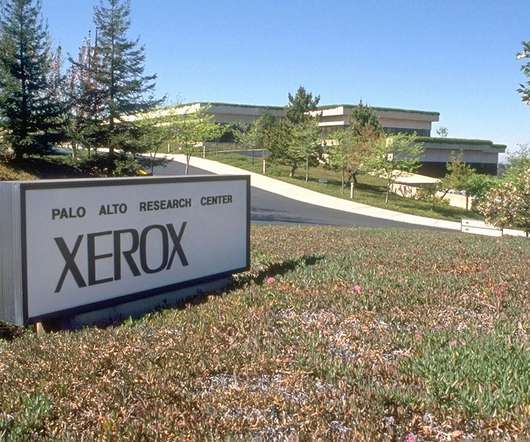DOE announces $139M in funding for 55 projects to advance innovative vehicle technologies
Green Car Congress
JULY 17, 2020
Rationally Designed Lithium Ion Batteries Towards Displacing Internal Combustion Engines. e-Mosaic: Electrification Mosaic Platform for Grid- Informed Smart Charging Management. Utility Managed Smart Charging for Consumer and Grid Benefits. Stoichiometric Spark Ignition Propane Engine with Diesel Efficiency Parity.












Let's personalize your content